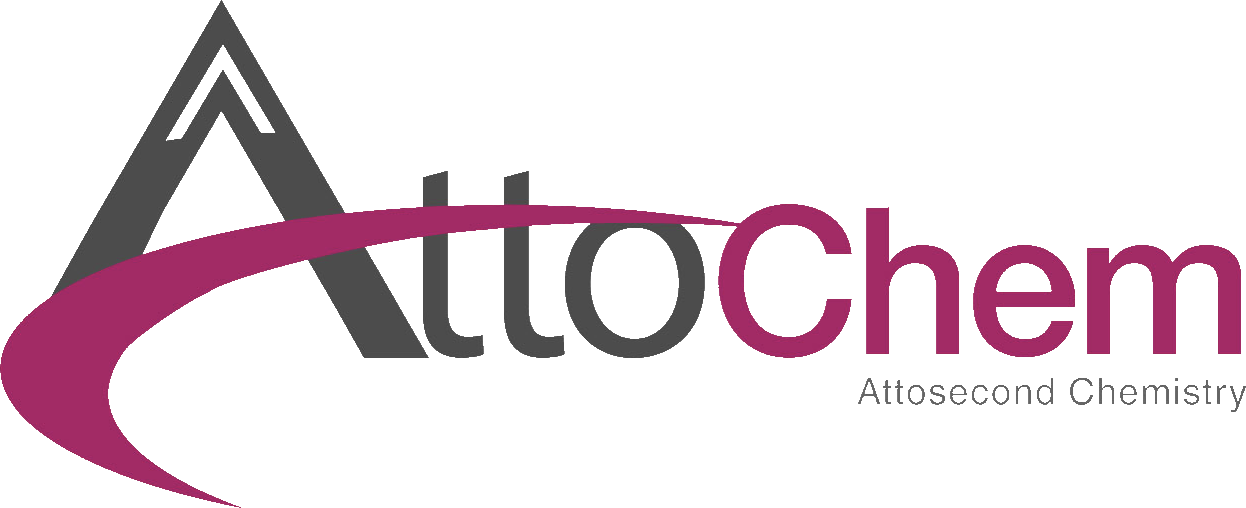Programme
The symposium is broadly organized into three topics, one per day: atoms, molecules, and solids. For each topic, there will be two tutorials given by leading experts in the field, one regarding experimental techniques and one regarding theoretical methods applicable to this topic. In addition, there will be traditional invited talks, as well as invited paper talks, which focus on one specific paper, with ample time for discussion with the author. Naturally, there will also be contributed talks (6 slots) as well as poster sessions at the end of each day.
Format
Our YSS 2023 will feature 4 different types of oral presentations:
Tutorial Lectures
There will be 6 Tutorial Lectures given by our invited expert speakers, subdivided into three main topics focussing on the ultrafast electronic interactions in (1) atoms, (2) molecules and (3) condensed matter. For each of the above topics, there will be one tutorial covering the experimental aspects and techniques and one dedicated to the theoretical methods needed to describe the pertinent phenomena.
The duration of each tutorial lecture is of 60min subdivided in 50’ of presentation followed by 10’ of questions, answer and discussion (Q&A&D).
- Giuseppe Sansone, Uni Freiburg
- Marcus Dahlström, Lund University
- Franck Lépine, University of Lyon
- Morgane Vacher, Nantes University
- Martin Schultze, TU Graz
- Christoph Lemell, TU Wien
Invited Lectures
There will be 4 Invited Lectures given by our invited speakers covering both the experimental aspects and the theoretical methods needed to describe the pertinent phenomena in the various types of targets. The duration of each invited lecture is of 40min subdivided in 35’ of presentation followed by 5’ of questions, answer and discussion (Q&A&D).
- Andrew Maxwell, Aarhus University
- Maria Richter, Max Born Institute
- Rui E. F. Silva, Instituto de Ciencia de Materiales de Madrid
- Václav Hanus, Wigner Research Centre
Invited Paper Lectures
There will be also 4 so-called “Invited Paper Lectures” given by invited young researchers who will have the opportunity to present one of their most recent works. Their lecture will focus on one single publication (made available on our homepage). The aim of such a paper presentation is to stimulate prolonged and detailed discussions among the speaker and the audience, giving the opportunity to discuss in depth also the details of the presented work.
The duration of each invited paper lecture is of 40min subdivided in 25’ of presentation followed by 15’ of questions, answer and discussion (Q&A&D).
To promote a fruitful exchange and an active Q&A&D session, the organizers strongly suggest to the audience to read these papers beforehand. This should give the opportunity to formulate targeted questions and to focus on the details of the presented work.
-
Robin Weissenbilder, Lund University
How to optimize high-order harmonic generation in gases (DOI: 10.1038/s42254-022-00522-7, arXiv preprint)
-
Tadas Balčiūnas, ETH Zürich
Femtosecond Proton Transfer in Urea Solutions Probed by X-ray Spectroscopy (DOI: 10.1038/s41586-023-06182-6)
-
Santanu Mandal, Uni Rostock
Attosecond field emission (DOI: 10.1038/s41586-022-05577-1, arXiv preprint)
-
Gergana Borisova, Max Planck Institute for Nuclear Physics, Heidelberg
Laser control of an excited-state vibrational wave packet in neutral H₂ (arXiv preprint)
Contributed Talks
We have also reserved 10 time slots of 20min duration each to contributed talks where young researchers get the opportunity to present and discuss their most recent work before an expert audience.
The duration of each contributed talk is of 20min subdivided in 15’ of presentation followed by 5’ of questions, answer and discussion (Q&A&D)
Poster Session
We also wish to give ample opportunity to young scientist to discuss their work in form of poster presentations. To this end, we scheduled two poster sessions at the end of the first two days of our symposium. The poster sessions will be accompanied by a small buffet with refreshments.
Poster panels are in A0 size. The poster can be mounted already at the beginning of the symposium and can be left hanging during the entire duration of the symposium, so that participants can initiate and continue discussions also during the coffee breaks.
Schedule
Click the name of a speaker to read the abstract for that talk.
